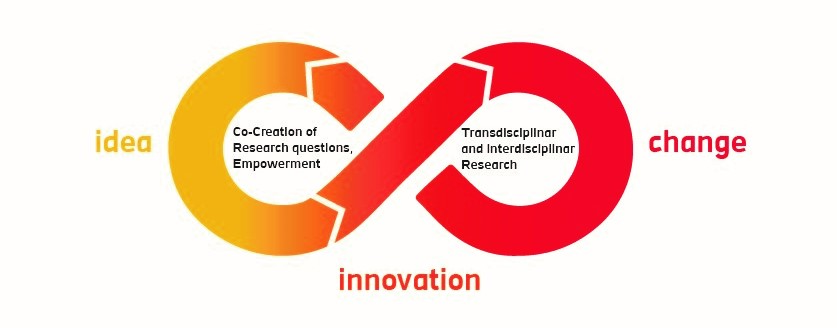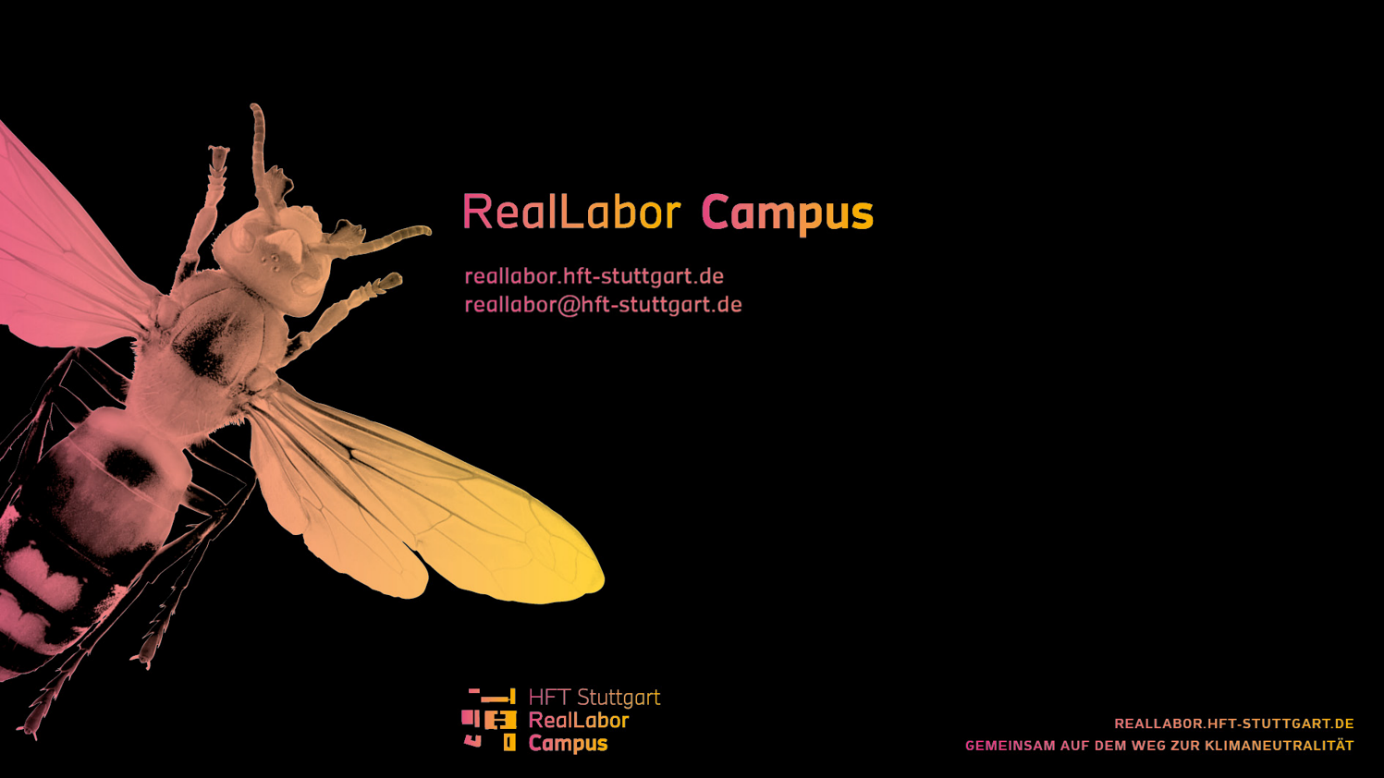Member Spotlight: EnSign real-world lab at Stuttgart University of Applied Sciences
Background:
Due to their roles in research and public service and as educators of future leaders, decision-makers and citizens, higher education institutions are understood to play a critical role in understanding and promoting sustainable development (SD). The German federal state of Baden-Württemberg, which has a goal of climate neutral administration by 2040, seeks to address these challenges by providing resources to its universities for sustainability transitions. This policy supports the broader German “Energiewende”, the national transition to a renewable energy-based, efficient and sustainable energy system.
Multiple ministries support this policy, including the ministry for science, research and the arts of Baden-Württemberg (MWK), which views the state as having both the responsibility and opportunity to implement SD principles. In 2013, the MWK minister specifically cited the use of real-world laboratories as the research concept most suited to this task because they bring stakeholders from universities, politics, administration and civil society together from the research start, allowing for solutions to be applied to real societal problems.
EnSign real-world laboratory Goals:
The nature of the sustainability problems is a wicked one, whereby classical methods of observation and modeling are insufficient and new approaches are needed to deal with confounding system connections, complexity, and ambiguity around the problem definition and potential solutions. It is understood that this complexity requires new societal paradigms, which in turn require new ways of producing knowledge and making decisions, moving toward system transformation not only optimization. Therefore, EnSign employs a transdisciplinary real-world lab approach by developing and testing energy efficiency technologies, urban development plans, financial schemes, and behavioral incentives supporting SD on its own buildings and users.
The main focus of the project is on the transformation process towards a climate neutral university whereby all relevant internal as well as numerous external stakeholders are included. This idea demands an integrative and innovative compilation of the different measures to be undertaken, improving the urban-planning situation; the structural condition of the building; the installed engineering including the operational concepts and internal processes; the supply of sustainable energies on the campus; new financing models for energy-saving measures in public buildings; development of a suitable mobility concept; a development strategy for urban planning and infrastructure (master energy plan); as well as considerable behavior modification of the various user groups of the university.
In order that the analyses in the project do not stagnate on a theoretical level but instead are carried out as essential objectives of this plan and become “real”, the State Office for Building and Construction is providing extensive investment. With these resources, the HFT is firmly embarked on a course towards becoming a climate neutral university.
Approach and Methods:
EnSign employs an iterative process (Fig. 1) involving the refinement of the research question via biannual co-production workshop series where objectives laid out in the project application are crafted into specific tasks, which are then transferred as tasks to the researchers and acted upon to produce target, system and transferable knowledge in collaboration with external partners. The results are then presented for further refinement or even the creation of subsequent questions, with a return to co-definition or in the future, re-integration into actual societal or scientific practice.
It is understood that incorporating non-academic stakeholders in this process may increase legitimacy, ownership and accountability for both problems and the potential solutions. Relevant social actors with practical knowledge who co-define research questions can be authorities on the obstacles for implementation and serve as pioneers for transformation knowledge. EnSign incorporates external stakeholders selected in part on their interest in contributing to climate neutral development in urban districts, their potential influence on implementation obstacles, and ability to transfer developed solutions into practice.
 For any upcoming inquiries and further information, we are very glad to provide more details. Please feel free to contact us anytime: [email protected].
For any upcoming inquiries and further information, we are very glad to provide more details. Please feel free to contact us anytime: [email protected].
